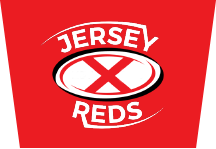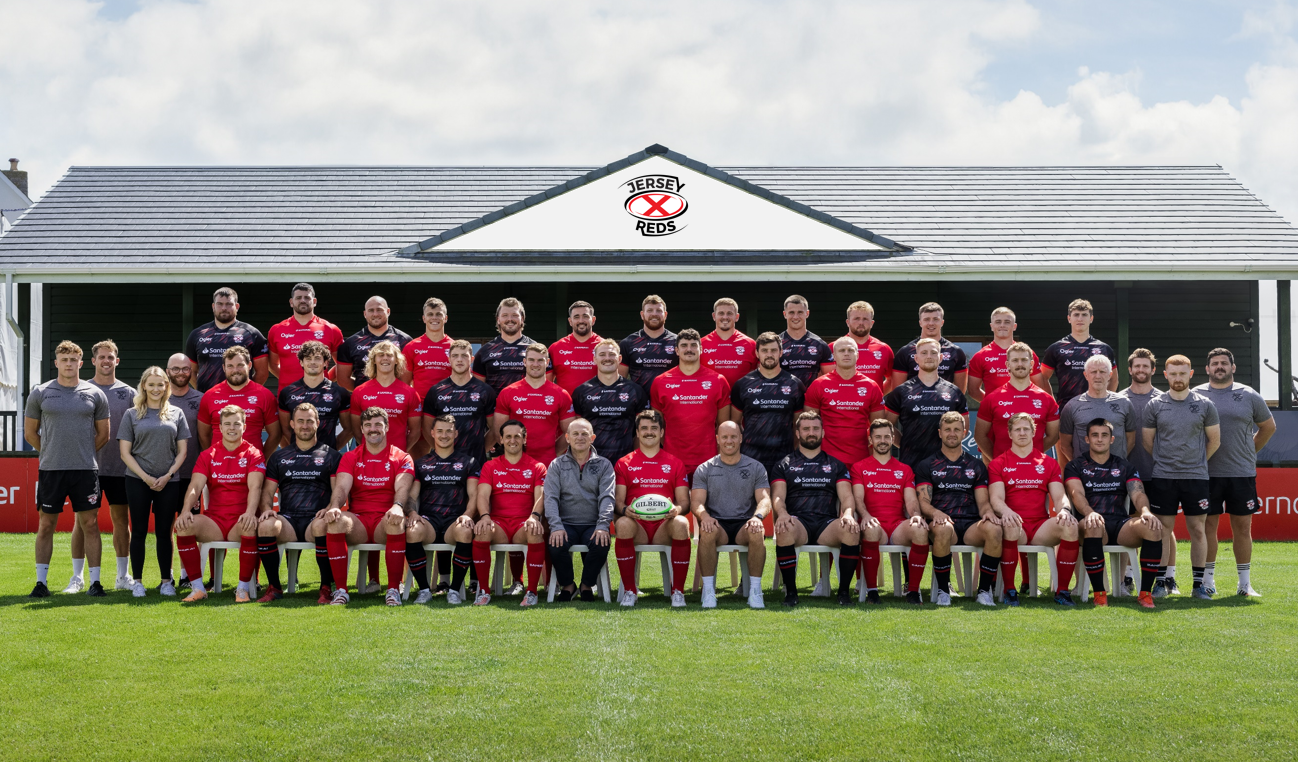
A proactive movement towards the future of physiotherapy
at JRFC
Mention the word 'physio' to the majority of people in a
sporting arena and it will conjure up visions of someone sat on a
table having muscles rubbed or limbs stretched, all in the attempts
to make good an injury. That too was pretty much what I thought too
until sitting down with JRFC Head Physio, Julie Snow last weekend
when we were up in Scotland.

Before the discussion I had not spent much time talking to
Julie, and to be honest didn't appreciate all that her job entails.
I knew that she had joined us from Doncaster Knights having
previously worked as part of a larger team at London Wasps, and
that in heading up the Physio department at the rugby club is
looking to recruit more willing helpers to bolster the team.
In a nutshell, Julie describes her role as looking after the
full-time squad of 33 players, and as the sole full-time therapist
has to cover all training sessions for reasons of emergency care,
first aid and injury prevention. On top of this there is a
requirement to prepare players for training, be it assessments and
screening for potential injury risks in certain sessions,
treatments or strapping to assist the training process (all
proactive). Following the session there is normally a quick form of
triage clinic to pick up on any issues from the players and to
advise on management ready for the next day (reactive).
As a consequence, the majority of time is occupied working with
the fit players and training squad and the build up preparation for
games, and it is only on the 'days off' that she has time to
dedicate to the injured players who are working on rehabilitation
programmes. Rehab is often a painful and arduous process for those
involved, and the players need support to make sure that they are
keeping to the programmes set, and progress needs to be carefully
monitored at each step along the way as this can go on for weeks
and months in more serious cases. In an ideal world, the injured
players would receive 1:1 assessments and treatment on a daily
basis, including gym sessions to ensure that strengthening
exercises are being carried out correctly and that progress is not
only maintained, but that there is also no risk of further
damage.

So that all explains a very much here and now situation for the
professional players, but it doesn't take into account the rest of
the club, and this is equally important, and an area that Julie is
keen to develop. Leaving aside for the moment other senior players
from the amateur side of the club, there is the Academy to
consider.
Currently there are over 600 children who attend session on a
Sunday morning, and a number of those may have visions to be the
next Dave Felton, Ed Dawson or Jack Burroughs, and they need
guidance to train their developing bodies. Currently there are a
team of other local physiotherapists and first aiders who offer
their time to support this side of the club, but due to time
constraints the approach is reactive to situations when something
has gone wrong.
So what is the future, and what could a team of physiotherapists
mean for JRFC? - What is the ultimate vision for the department and
the provisions it could offer?
A proactive approach would see therapists working with the Academy
on a full time basis to not only provide consistent care and cover
for games and training, but more importantly they would be able to
feed a curriculum into the developing athletes from U15 age groups
upwards, to introduce the concepts of movement and body awareness,
injury prevention and management and the 'professional' attitude
required to become an athlete at the top level. The support and
input would be monitored and provided throughout their developing
years into more elite environments, with access to personalised
strength and conditioning programmes geared specifically for rugby.
- And the pay back for the club? - Simple, that would come with
more home-grown talent coming up through the colts and Athletic
side and pushing for senior contracts, that already has an
understanding of the environment and expectation of a professional
athlete.
A team of multiple therapists will result in more opportunity
for 1:1 sessions at all levels of development, day-to-day
management and rehabilitation care and guidance that will
ultimately mean a happier, healthier squad. Furthermore, from the
therapist point of view, working as part of a team provides support
and opportunities to collectively develop skills. JRFC could become
a work placement opportunity for home-grown physiotherapists or
sports exercise therapists to gain experience and valuable insight
into the working of a professional squad environment that could in
turn feed into, and benefit other sports on the Island.
Looking even further ahead, the medical department at JRFC could
become a centre for research and data collection, feeding forward
rehabilitation protocols and guidelines to other therapists in an
innovative medical environment looking out for the best interest of
all athletes.
So whilst the immediate focus may be to prepare 22 players so
that they are ready to perform at the weekend, the bigger picture
is a challenge and opportunity waiting to be realised.
If you would like to, or know other students or therapists that
may buy into this vision, then please contact Julie Snow on j.snow84@gmail.com
William Church



























